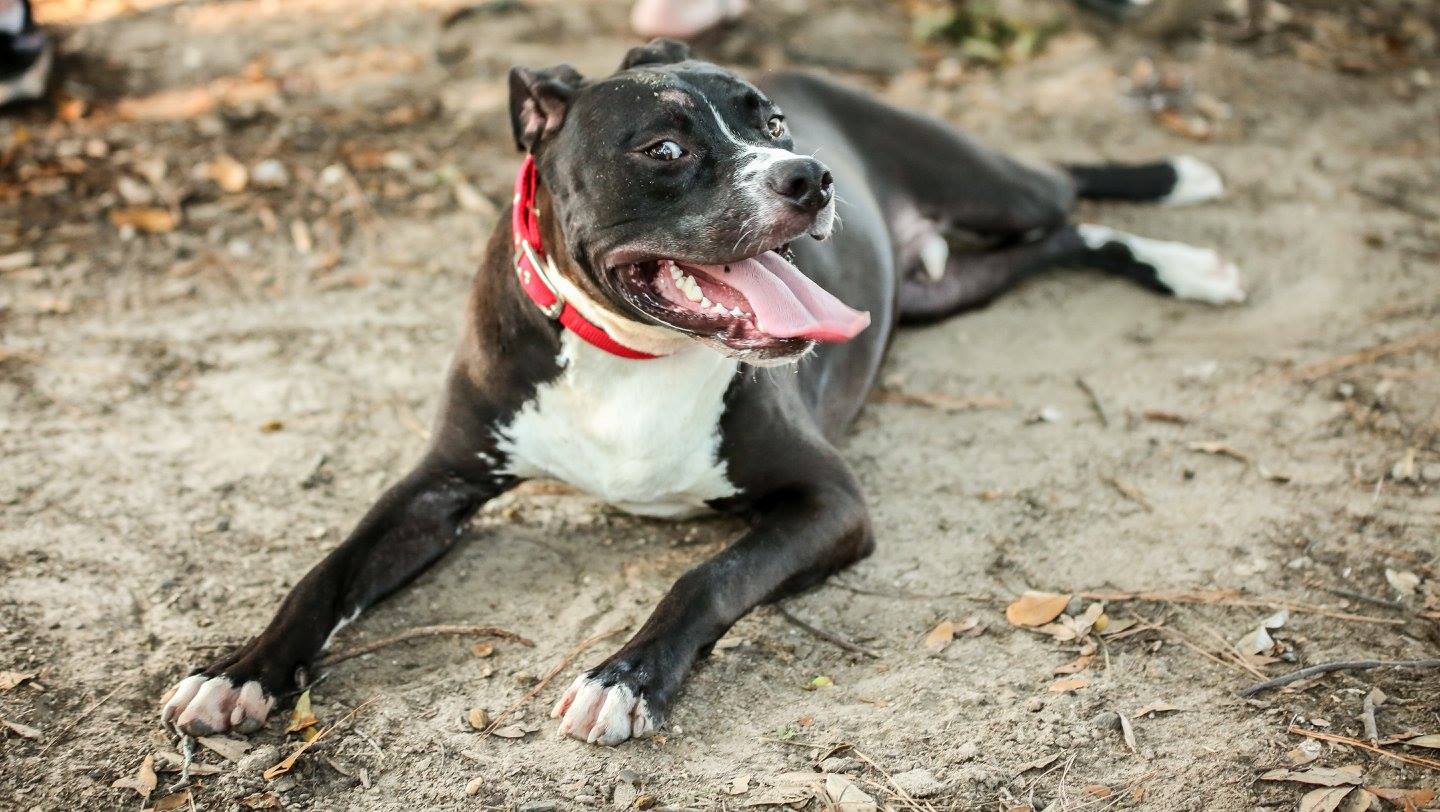Peace, Love, and Real Talk- April- May 2017

When it comes to animal welfare, I am honored to be a native of Charleston County. Not only is Charleston the first county to be deemed “no-kill” within the state – but the first “no-kill” throughout the entire Southeast. While this is tremendous progress, we need to make sure we stay informed with what is going on.
Let’s keep in mind that “no-kill” does NOT mean that there’s no euthanasia. The phrase “no-kill” applies to animals that are labeled “adoptable.” So animals that are under tremendous amounts of stress while staying in a shelter and exhibit anxiety which turns into aggression – most likely going to be put down. An owner surrender with a bite history – most likely going to be put down. A starving animal that is food reactive – most likely going to be put down. Let me be clear, we (Charleston County) have done an amazing job with our live-release rate; but I’m curious as to just how many are slipping through the cracks? How many are unjustly euthanized? I would also like to point out that if an “owner” of a pet wants to put their perfectly healthy dog and/or cat down at a veterinarian’s office – the vet is allowed to do so without second guessing. Shouldn’t there be some type of protocol for this? What are the consequences for the people who choose to “humanely” kill their pet for no reason?
Now let’s focus on the animals that are adopted out from the shelter. While attending an adoption strategies seminar an attendee said: “Is it really the worst thing if an animal lives on a chain for the rest of their life?” Is it the worst thing? No. Do I expect society to do better than that? Abso-freakin’-lutely. We shouldn’t have to lower the standard of living for animals just because Charleston County is a no-kill district. Generally speaking, to not be criminally charged for animal neglect a human must provide shelter, clean water, and food; but don’t “we” expect more and want more than that? Don’t we want the animals we don’t kill to go on and live happy lives? This is somewhat difficult to say – but I would rather see adoptions with genuine “happily ever afters” – even if that means a higher euthanasia percentage. Sure, a high live release rate is wonderful, but then we have to ask all the questions. How many of those animals are returned? How many end up dead on the side of the road? How many are being neglected or abused in their new home? We need to make sure that the welfare for animals remains our first priority, the numbers game must come second.
If you’re social within the Charleston area, it’s obvious that we’re an animal loving community. Almost every restaurant patio allows you to bring your dog and a cat café just opened downtown for goodness sake. While all of this is great, we need to take a minute and take off our rose-colored glasses. First of all, we need to realize that not all communities love and respect their animals as much as we do. We need to realize that just two steps outside of our county (i.e. Berkeley, Colleton, Dorchester) animal welfare is not a priority – and it gets even worse in the more rural areas. Many of the animal shelters are dilapidated, underfunded, have no veterinarian on staff, and have extremely little local support. It’s sad but it’s true, and we need to make note of it.
I’ve heard so many times: “Oh don’t support that shelter – they’re a KILL shelter.” Well, I can guarantee you that the kill shelter doesn’t want to operate that way; they have no choice. A shelter planted in an ignorant society has little hope. If humans like us don’t “support” kill shelters, then who comes out suffering? It isn’t the people, it’s the animals. Remember: not too long ago Charleston County was a “kill” community – everyone has to start somewhere. Your donation, volunteer hour(s), or just plain interest in a kill shelter could be just what they need to spark a whole new outlook on an animal welfare movement.
Finally, I want to specifically emphasize how proud I am of Charleston County for everything we’ve accomplished on behalf of our animal friends. We have really set an extraordinary example. I would like for this opinion piece to not demean our success, but to remind us to not get too comfortable. Improvements can always be made, questions continuously need to be asked, and one less animal can be let down.
Written by Alicia Williams, Founder of Eunoia Rescue


